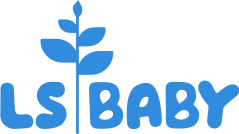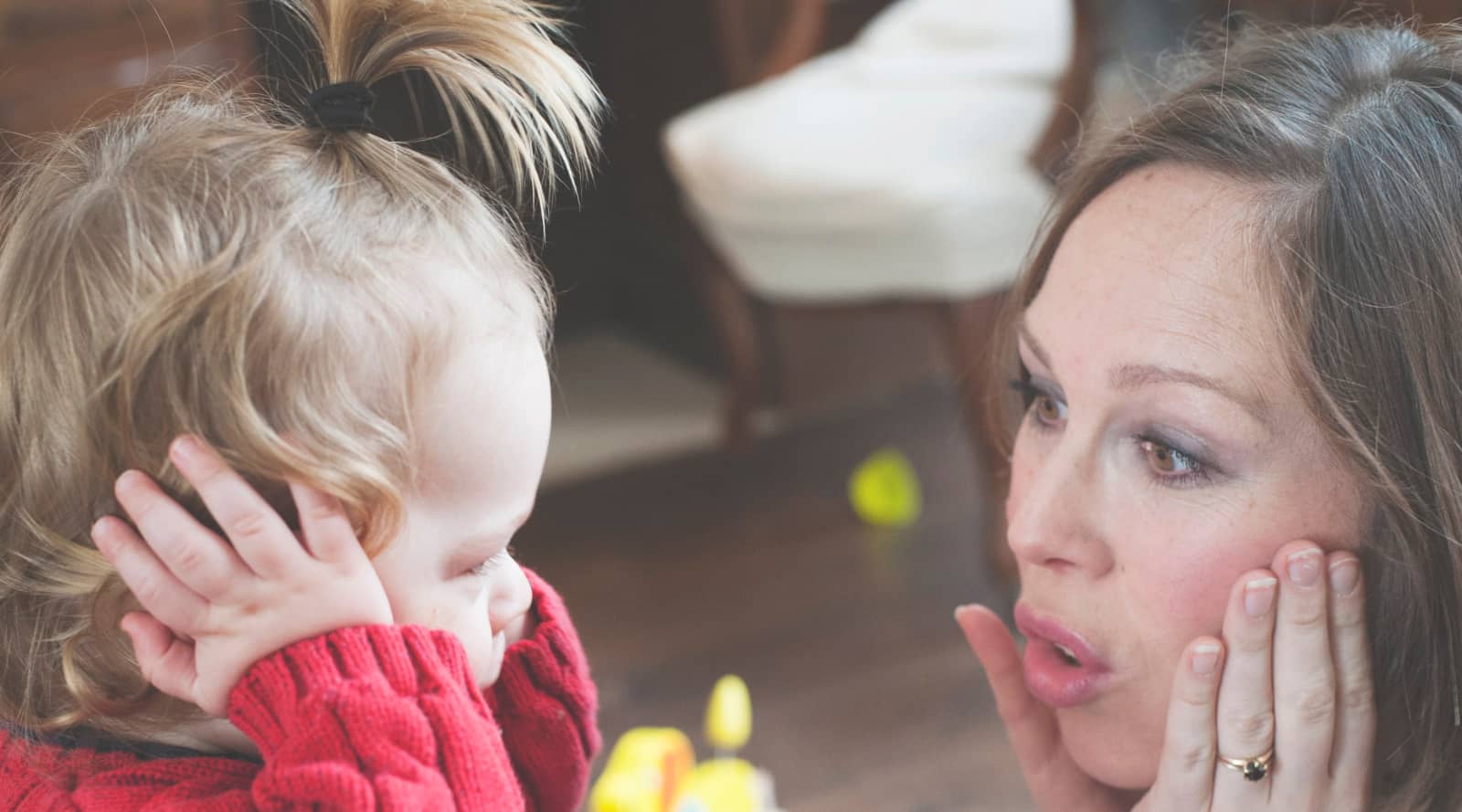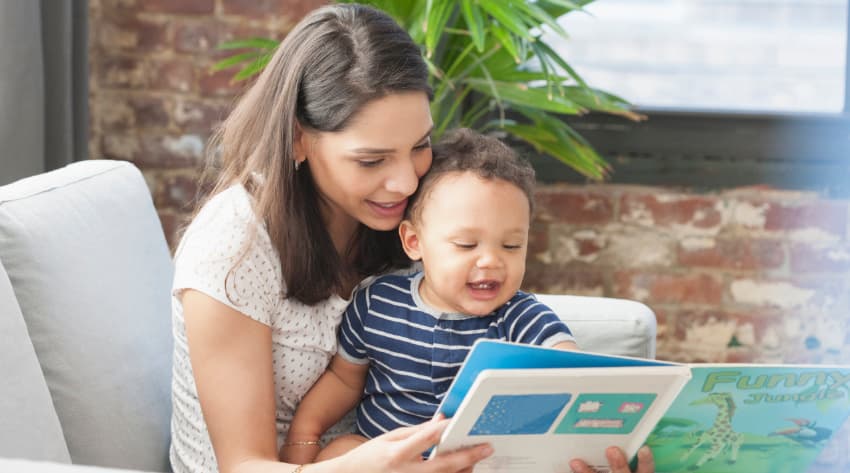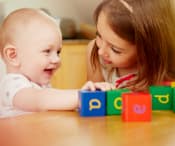It’s one of those magical parenting moments when your baby starts talking. Baby’s first words could be ma-ma or da-da or even the name of your family pet or their favourite snack or drink. Your little one will usually start chatting when they are about a year old, but don’t worry too much about when your baby starts talking. Babies and toddlers often catch up and will start talking and walking at different ages; it’s all perfectly normal.
You can help your baby develop their speech right from when you bring them home from the hospital. Talking to them as you change their nappy or during a feed, even counting the number of steps you take when you’re out and about, can all help them to hear words and intonations for when they’re ready to say ‘Mum’ for the first time.
Helping your baby learn to talk
When does baby starts talking?
Up to six months:
-
Right from when they are born, your little one loves faces. So from 0-6 months, you can begin the process of encouraging your baby to talk. Chat away to them at close range so they can see you up close and enjoy all the sounds and facial expressions you’re pulling.
-
Keep up the running commentary when you’re changing that nappy, getting a giggle or when your baby is cooing from when you’re holding your nose in one of those lovely parenting moments.
-
Break out the Britney – go on, you know you can sing a bit. Best thing is your baby will probably love it and the sound of the words you’re belting out, even if your neighbours don’t.
-
When your little one makes baby sounds repeat them back. It can help develop their listening skills.
From 6-12 months
-
Playing games and being silly is not only great fun, but it can also really help your baby hear words and your vocabulary. A little tickle at the end of the one-step, two-step line will make them giggle too.
-
Try and point things out to them on walks. Saying things like ‘look there’s a bird, or ‘I like that doggy over there’ will help understand what things in their everyday world are called.
-
And, of course, a bedtime story is a soothing way to end the day. They will not always understand what’s going on but putting on silly voices and pretending to be the characters is fun and educational.
From 12-18 months
-
Do not be afraid to gently correct your toddler if they haven’t quite got their words right. Repeat it back to them using the right word with lots of praise.
-
Snack time can be an excellent way for them to pick up and understand what things are called, especially if you give them a choice between two bits of fruit, for example.
-
Keep singing to your baby! Maybe tone down the Britney though, and go for more action songs they can join in with, like Old McDonald or the Wheels on the Bus.
From 18 months
-
Your toddler might well be able to understand directions such as ‘do you want milk’ or ‘go and get your blanket’. Keep practising until they associate the words with the actions and keep asking things like ‘where’s your teddy?’
-
Keep repeating words. It might feel silly to start with but saying things like ‘here’s your apple, you love apple, don’t you, do you want some more apple?’ can really help with that word association.
-
You can help them build sentences as well. They might say things like ‘drink’ or ‘milk’ so you can help with lots of praise and reaffirm what they’ve just said. Perhaps turn off the radio or TV so it’s just your voice they can hear.
Remember, your baby might know many words and phrases but might just be a bit shy or more reserved in using them. It’s usually nothing to worry about but talk to your health provider if you have any worries.
So, are you ready for your Britney impression? All together now…. “Ooops, I did it again!”








